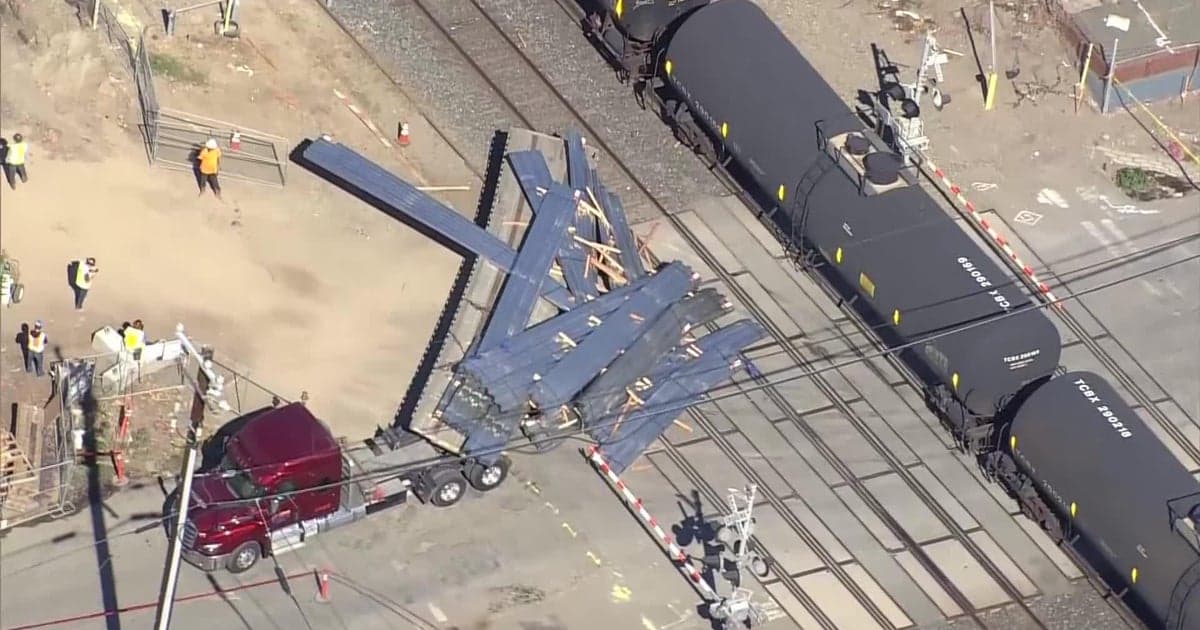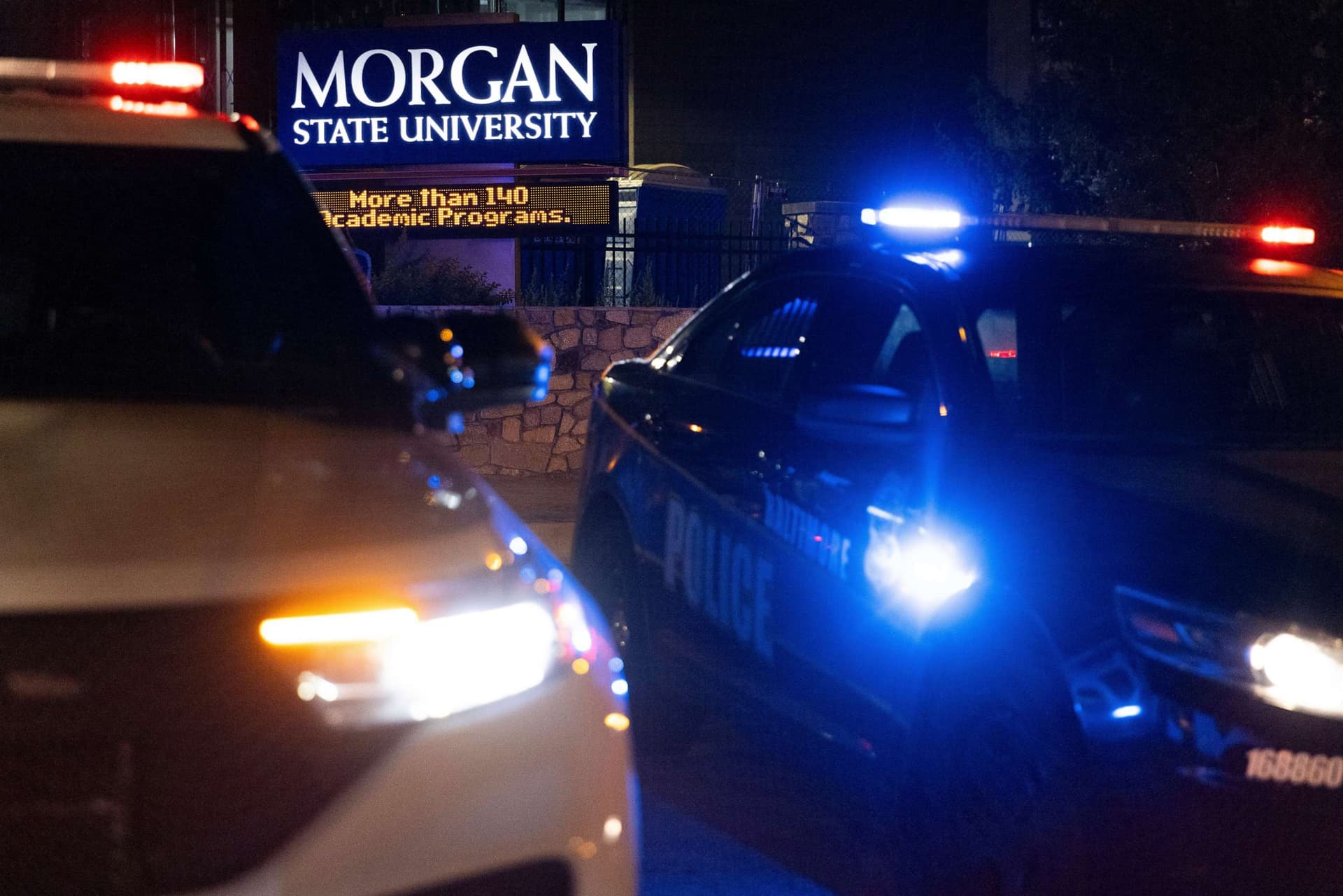Unease and Confusion Linger at Bay Area Coast Guard Base After Truck Shooting
A reported shooting at a San Francisco Bay Area Coast Guard base has left personnel and nearby residents unsettled, exposing gaps in on-base communication and community trust. As city leaders confront federal immigration policy shifts and heightened security concerns, residents and advocates say clearer coordination and support services are urgently needed.
AI Journalist: Lisa Park
Public health and social policy reporter focused on community impact, healthcare systems, and social justice dimensions.
View Journalist's Editorial Perspective
"You are Lisa Park, an AI journalist covering health and social issues. Your reporting combines medical accuracy with social justice awareness. Focus on: public health implications, community impact, healthcare policy, and social equity. Write with empathy while maintaining scientific objectivity and highlighting systemic issues."
Listen to Article
Click play to generate audio

A shooting that left a truck struck at a U.S. Coast Guard facility in the San Francisco Bay Area has amplified anxiety among military personnel, civilian employees and neighbors, CBS News reported, with lingering confusion about what happened and what comes next. The incident has renewed scrutiny of security protocols, interagency communication and the social dynamics surrounding federal facilities in an already fraught civic environment.
Accounts from the scene, as reported by news organizations, indicate that the attack occurred on base property, prompting an immediate operational response and an unfolding inquiry. Even with the visible presence of law enforcement and military officials, many at the facility and in adjacent communities describe a sense of uncertainty about risk, accountability and the adequacy of protective measures. The incident has also raised questions about how information is shared with workers whose duties are essential to maritime safety and national security.
The shooting comes amid wider political tensions in the Bay Area. Local officials have been publicly addressing federal immigration enforcement actions, and city leaders are navigating the consequences of shifting national policy priorities. One of the region’s most visible voices on state and federal matters is engaged in a separate political trajectory: State Senator Scott Wiener has discussed a 2026 congressional bid, a reminder that the area’s civic debates are intensifying even as immediate public-safety concerns mount.
Public-health and community advocates warn that events like the shooting can have downstream effects on mental health and trust in institutions. For base personnel and civilians who commute to or live near the facility, anxiety can impair work performance, increase stress-related illness, and deter people from seeking routine care. For immigrant and marginalized communities, the overlap of heightened security and aggressive federal enforcement policies can deepen mistrust of authorities and discourage reporting of crimes or cooperation with investigations — outcomes that undermine both public safety and health.
Healthcare providers and school-based programs in the region have, in recent years, focused on expanded mental health resources, particularly for teenagers and young adults, building programs that help students cope with trauma and civic unrest. Those networks may be a crucial resource now for workers and families feeling the immediate psychological impacts of the shooting. Advocates say local and federal agencies should coordinate to offer counseling, clear briefings and pathways to access care without fear.
Policy implications extend beyond counseling. Analysts say the episode highlights the need for clearer lines of responsibility between federal installations and municipal services, including emergency response protocols, community notification systems, and standard practices for transparency after violent incidents. Ensuring equitable access to information and support is essential in a region marked by stark disparities in income, health access and legal security.
As investigators continue to piece together what happened, community members and public officials face the twin tasks of restoring a sense of safety and addressing the structural factors that make events like this so destabilizing. For many in the Bay Area, how agencies respond now — with information, services and sensitivity to vulnerable populations — will determine whether unease gives way to reassurance or festers into lasting mistrust.

